Last week, while in London accepting an award for Australia’s ‘non-discriminatory’ immigration policies, Malcolm Turnbull made his now infamous Sensible Centre speech, supposedly saying that the Liberal party was not, and never had been, a ‘conservative party’. Said Turnbull, as quoted in every major Australian newspaper: ‘In 1944 Menzies went to great pains not to call his new centre-right party a conservative party – rather, he described our party as the Liberal Party, which he firmly anchored in the centre of Australian politics’.
Immediately, this was interpreted by, well, everybody, as Turnbull attacking his factional enemies. This is not something the Prime Minister usually does while abroad, and criticism swiftly followed. Jeff Kennett observed that Turnbull was a failed leader who had displayed an ‘appalling lack of political judgement’. Just as prompt were tweets from Pauline Hanson, ‘Prime Minister Malcolm Turnbull confirms what everyone already knew! One Nation is Australia’s LARGEST conservative party! #auspol”, and Cory Bernardi thanking ‘@TurnbullMalcolm for confirming why regular Aussies need to join @AuConservatives.’
Later it became clear that Turnbull hadn’t quite given the speech attributed to him. As The Bolt Report observed, reporters wrote about the speech before it had actually been delivered, working from a briefing note which omitted key, ecumenical quotes. For one, Turnbull attributes the phrase ‘sensible centre’ to Tony Abbott. He also references John Howard’s ‘broad church’ encompassing both liberal and conservative traditions. Liberal MPs – factional allies and foes both – leapt to Turnbull’s defence. Julie Bishop maintained that the speech ‘very eloquently articulates our values’. Abbott-ally Eric Abetz insisted that the ‘hysterical media have decided to dishonestly spin the speech in such a way to inflame tensions’. It is understandable that Liberals are trying to put out the fire Malcolm started. They’d quite like to win the next election.
How many pundits, we wonder, actually watched the entirety of the PM’s speech, and the ensuing Q&A? The official YouTube video has been watched only a few dozen times, indicating that far more people have attacked or defended the speech than have actually bothered to watch it. Which is not surprising. The PM enjoys himself for an hour sharing his bland, ‘sensible’ thoughts on Islamic theology, encryption, multiculturalism, the rule of law, and his adoration of Indonesian President Joko Widodo. He quotes Gilbert and Sullivan, Twain, Disraeli, Burke and Popper, possibly just to let those who bothered to watch know that, hey, this Malcolm Turnbull chap is a well-read man. Like much of Mr Turnbull’s parliamentary career, the ‘Sensible Centre’ speech is a long, meandering exercise in self-aggrandisement. But is it also, despite Mr Abetz’s protestations, a speech designed to ‘inflame tensions’?
Of course it is. Publicly and of his own warped volition, Mr Turnbull chose to give a speech about the internal politics of his fragmenting party. Whether or not the body of the speech was aggressive, as was initially reported, or merely passive-aggressive is immaterial. At a time when his leadership is especially precarious, when every allusion to dissent within the party is spun into a front page headline, Mr Turnbull chose as his theme the fault line on which his party is built. There was no need or demand for such a speech. He might well have chosen as his topic, say, free trade deals with the EU and UK, or the immigration policies (Tony Abbott’s) for which he was accepting his award. Instead, he spoke for an hour about the importance of not governing as a conservative.
This is the sort of fruitless, divisive stuff which revolts the Liberal party’s traditional supporters. The Coalition’s primary vote has collapsed from 45 per cent when Turnbull forcibly took power to 35 per cent. Malcolm Turnbull’s lead over Bill Shorten as preferred PM is rapidly diminishing. All this has come well after excessively generous new funding for schools, and a budget far more focused on winning votes than budgeting. Electoral prospects for the Liberals are bleaker now than when Tony Abbott was PM.
Mr Turnbull stands steadfast by his Sensible Centre speech. It is true that all successful Liberal party leaders have sought to embody both the liberal and conservative traditions of their party. Turnbull may attempt to govern from the centre, but his politics place him not only to the left of his party but to the left of the electorate. Prior to the last federal election Turnbull was happy to ignore conservatives believing ‘the base has nowhere else to go’.
Not so, of course. Now, rather than trying to keep his broad church under one roof, Mr Turnbull is redefining the party as a ‘progressive’ one, and is actively pushing conservatives out the door. Years ago, Mr Turnbull said he would only lead a party that was as far to the left as he was. That was the gist of it, at least. This may well eventuate in the not too distant future. By that point, however, there mightn’t be much of a party left to lead.
Got something to add? Join the discussion and comment below.
Get 10 issues for just $10
Subscribe to The Spectator Australia today for the next 10 magazine issues, plus full online access, for just $10.
You might disagree with half of it, but you’ll enjoy reading all of it. Try your first month for free, then just $2 a week for the remainder of your first year.


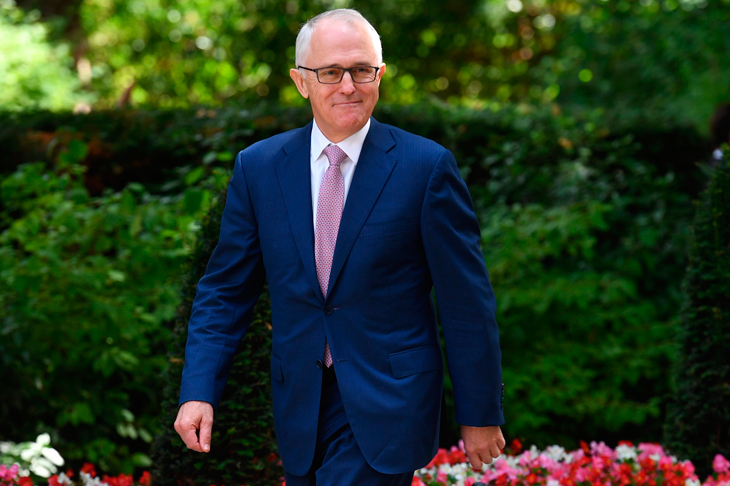
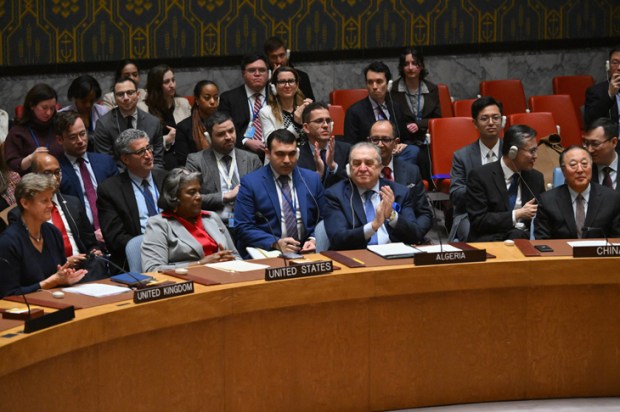
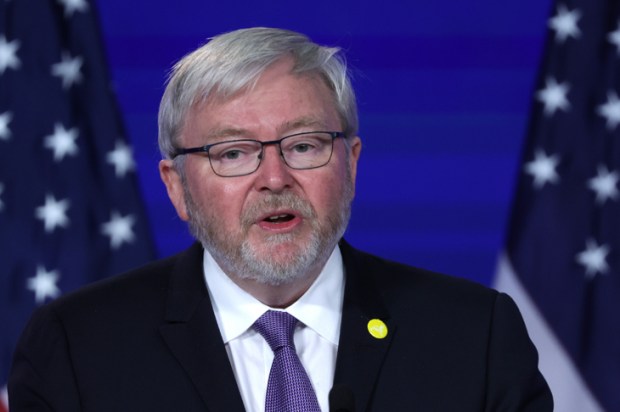

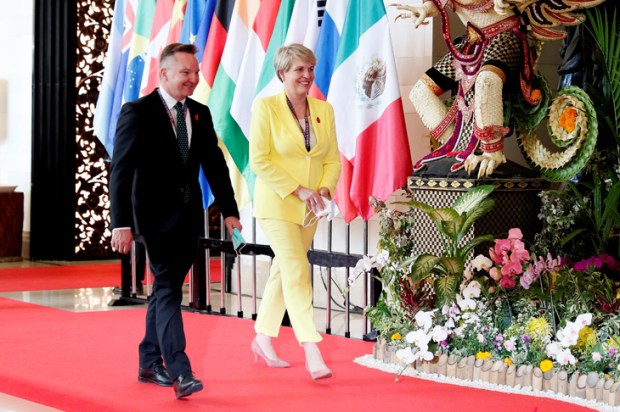
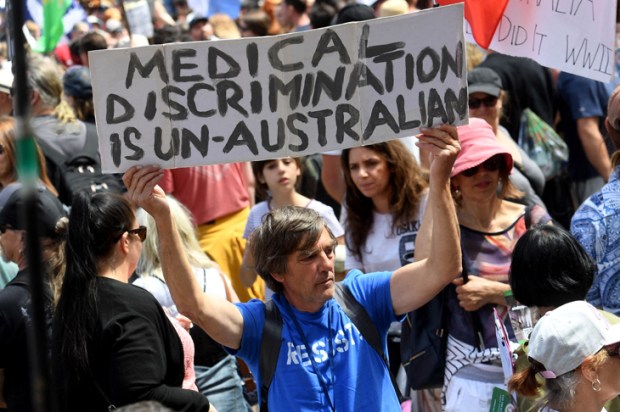







Comments
Don't miss out
Join the conversation with other Spectator Australia readers. Subscribe to leave a comment.
SUBSCRIBEAlready a subscriber? Log in